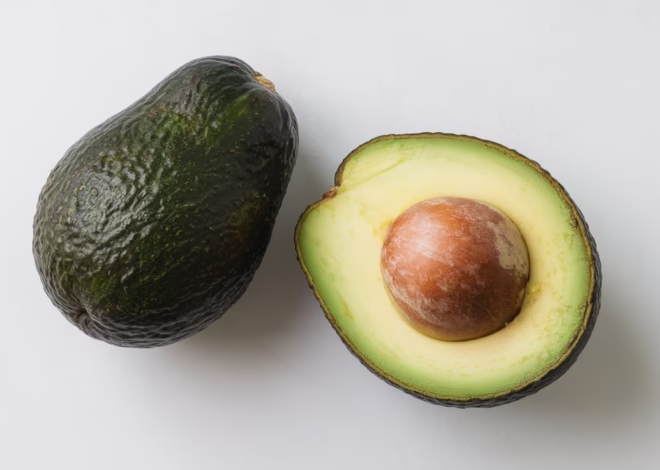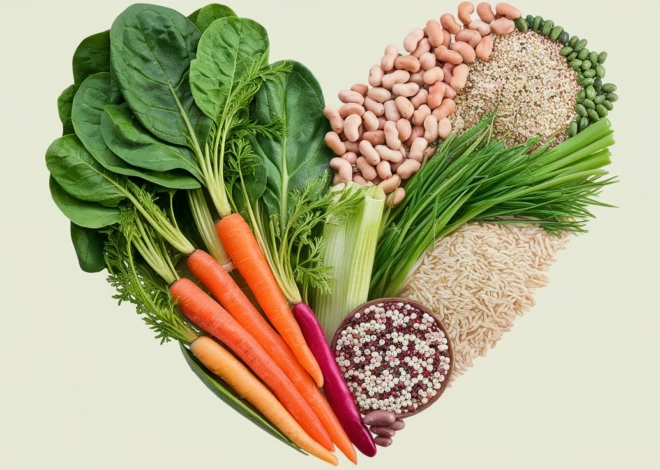
The Impact of Nutrition Science on Past, Present, and Future Human Health
Nutrition science has long played a critical role in understanding the relationship between diet and health, shaping the way humanity approaches food and nutrition over time. The progression of nutritional knowledge, from ancient understandings of food as sustenance to today’s intricate exploration of micronutrients, is a testament to science’s profound influence on human health. As we look at the past, present, and future of nutrition science, it is evident that its impact has been, and will continue to be, a driving force behind the promotion of health and prevention of diseases.
The Evolution of Nutrition Science: A Historical Perspective
Early Dietary Knowledge and Practices
Thousands of years ago, human societies primarily viewed food as a necessity for survival. Hunter-gatherer communities ate what was available in their environment, and there was little understanding of the nutritional value of different foods. Early civilizations, such as those in Egypt, Greece, and China, began to develop theories about food and its effects on the body. Hippocrates, the ancient Greek physician, is often quoted as saying, “Let food be thy medicine, and medicine be thy food,” reflecting an early recognition of the importance of diet in maintaining health.
Ancient diets varied significantly, with some groups focusing on grains, fruits, and vegetables, while others relied heavily on animal products. The diversity of these diets gave different cultures varying degrees of health and longevity. However, as societies became more agricultural, the concept of a balanced diet evolved. Grains became staples, and the cultivation of vegetables and fruits increased. Yet, even with these advances, malnutrition and deficiency diseases, such as scurvy (vitamin C deficiency), were common due to limited understanding of nutrients.
The Birth of Modern Nutrition Science
The scientific study of nutrition as we know it began in the 19th century. Advances in chemistry and physiology allowed scientists to begin identifying specific nutrients in food. One of the first breakthroughs was the discovery of carbohydrates, fats, and proteins as the macronutrients essential for human health. The identification of vitamins followed in the early 20th century, revolutionizing our understanding of how different components of food could prevent or cure diseases like rickets (vitamin D deficiency) and pellagra (niacin deficiency).
During the early 1900s, nutrition science became increasingly focused on preventing and treating diseases through dietary interventions. Governments and health organizations began recommending dietary guidelines to improve public health. For instance, during World War I and World War II, food rationing and dietary recommendations helped ensure soldiers and civilians received adequate nutrition despite scarcity.
Nutrition Science in the Present: Addressing Modern Health Challenges
The Role of Nutrition in Chronic Diseases
Today, nutrition science plays a vital role in addressing the global rise of chronic diseases, including obesity, diabetes, heart disease, and cancer. The rapid industrialization of food production and the rise of processed foods in the 20th century led to an overconsumption of refined sugars, unhealthy fats, and excessive calories. This shift in dietary patterns has contributed to the global epidemic of obesity and related health issues.
Current nutritional research has expanded our understanding of the intricate relationships between diet and disease. For example, the role of omega-3 fatty acids in reducing inflammation and supporting heart health is well-documented, and diets rich in fruits, vegetables, and whole grains have been shown to lower the risk of many chronic diseases. Nutritional epidemiology, which studies the link between diet and health outcomes across populations, has become a powerful tool in understanding the long-term effects of dietary choices.
Personalized Nutrition and Nutrigenomics
One of the most exciting developments in modern nutrition science is the rise of personalized nutrition and nutrigenomics. Nutrigenomics explores how individual genetic variations affect the way we metabolize and respond to nutrients. This field recognizes that there is no one-size-fits-all approach to diet. Genetic differences can influence everything from nutrient absorption to disease risk, which means that personalized diets based on genetic makeup can be more effective in improving health outcomes.
The concept of personalized nutrition has opened the door to highly individualized dietary recommendations. For example, some people may be genetically predisposed to high cholesterol, and a diet low in saturated fats could be particularly beneficial for them. Others may have variations that affect how their body processes carbohydrates, making low-carb diets more effective for weight management.
This tailored approach to nutrition has already begun to revolutionize dietary recommendations, enabling more effective interventions for preventing and managing chronic diseases.
The Global Perspective: Combating Malnutrition
While obesity and chronic diseases dominate health discussions in wealthy countries, undernutrition remains a pressing issue in many parts of the world. In low- and middle-income countries, millions of people suffer from micronutrient deficiencies, such as vitamin A, iron, and iodine, which can lead to blindness, stunted growth, and other health complications. Nutrition science continues to play a vital role in addressing these issues, from biofortification of crops to the development of nutrient-dense supplements.
International organizations, such as the World Health Organization (WHO) and UNICEF, rely on nutrition science to develop programs aimed at combating malnutrition and improving food security. The Sustainable Development Goals (SDGs) set by the United Nations also emphasize the importance of ending hunger, achieving food security, and improving nutrition by 2030.
The Future of Nutrition Science: Precision, Prevention, and Sustainability
The Integration of Technology in Nutrition Science
As we move further into the 21st century, technology is becoming increasingly integrated with nutrition science. Wearable devices, apps, and digital platforms are enabling individuals to track their dietary intake and health metrics in real-time. These tools provide immediate feedback and empower people to make healthier choices, driving a shift toward more informed and data-driven approaches to nutrition.
Artificial intelligence (AI) and machine learning are also playing an increasingly important role in advancing nutrition science. These technologies can analyze vast amounts of data from clinical studies, population health surveys, and individual health records to identify patterns and trends. AI can predict how certain foods will affect health outcomes and suggest personalized dietary changes to prevent diseases before they occur.
Sustainability and the Future of Food
In addition to health outcomes, nutrition science is increasingly focused on the environmental impact of our food systems. As the global population grows and the effects of climate change become more pronounced, there is a growing recognition that sustainable diets are essential for both human and planetary health. This involves considering the environmental footprint of food production, such as greenhouse gas emissions, water usage, and land degradation.
Future dietary recommendations are likely to incorporate not only health considerations but also sustainability principles. Plant-based diets, which tend to have a lower environmental impact, are gaining popularity, and researchers are exploring alternative protein sources, such as lab-grown meat and insects, to meet the world’s protein needs more sustainably.
The Role of Preventive Nutrition
Looking forward, preventive nutrition will continue to be a cornerstone of healthcare. The growing field of preventive medicine emphasizes using diet as a tool to prevent diseases before they occur, rather than just treating them after the fact. This approach could help reduce the burden on healthcare systems worldwide, as diet-related diseases are among the most common and costly health issues today.
From school nutrition programs to public health campaigns promoting healthy eating, the focus on preventive nutrition will likely expand, helping to improve the overall well-being of future generations.
Conclusion: Nutrition Science as a Lifelong Journey
The impact of nutrition science on human health has been transformative. From ancient times, when food was merely a source of sustenance, to today’s complex understanding of the role of nutrients in preventing and managing disease, nutrition science continues to shape our health and well-being. As we look to the future, the integration of technology, personalized nutrition, sustainability, and preventive measures will further enhance our ability to live longer, healthier lives. By continuing to evolve and expand, nutrition science remains a critical tool for addressing the challenges of both today and tomorrow, improving the health of individuals and populations alike.




I was more than happy to seek out this net-site.I needed to thanks for your time for this wonderful learn!! I positively enjoying every little bit of it and I’ve you bookmarked to take a look at new stuff you weblog post.